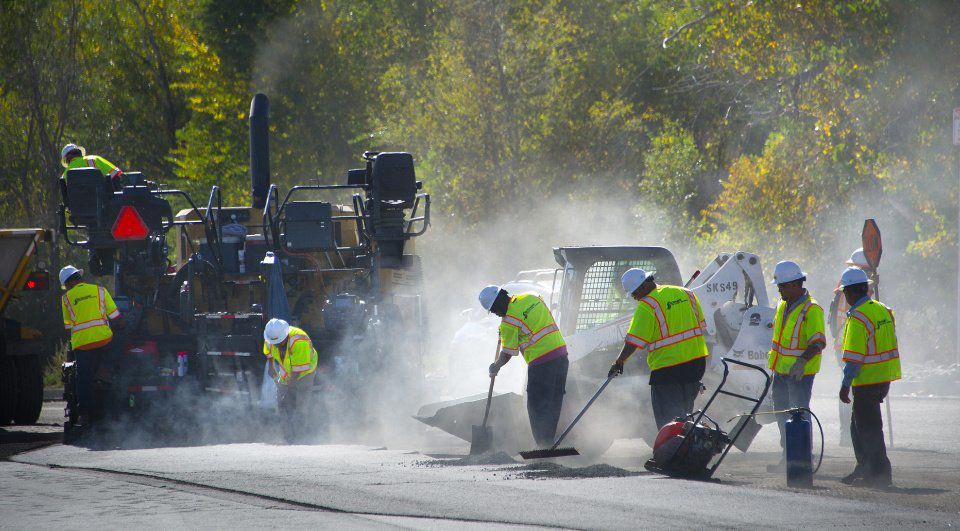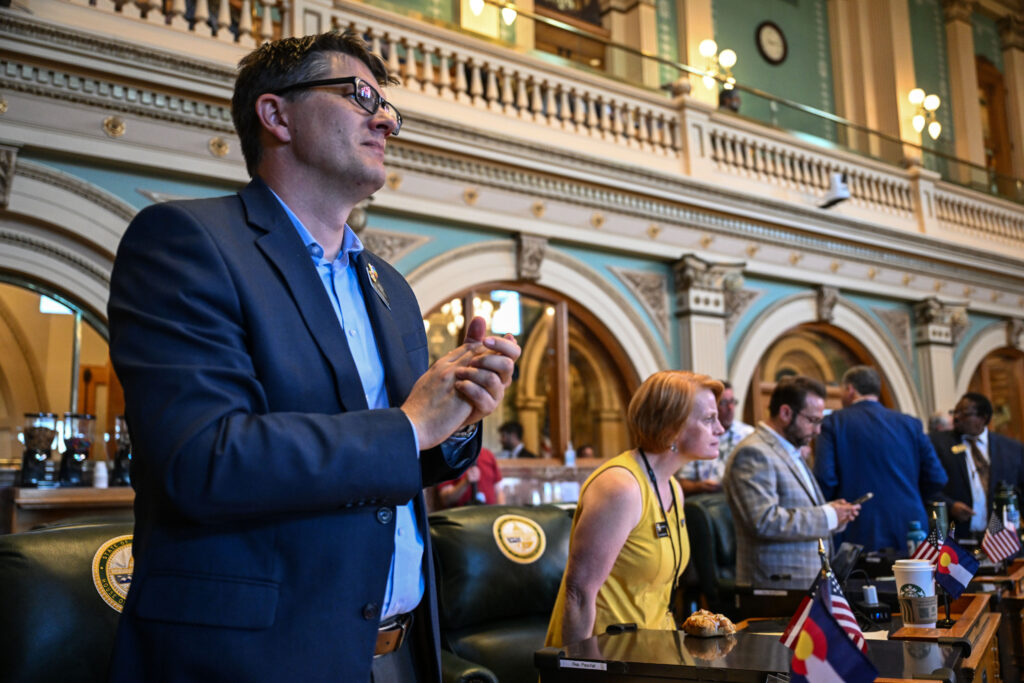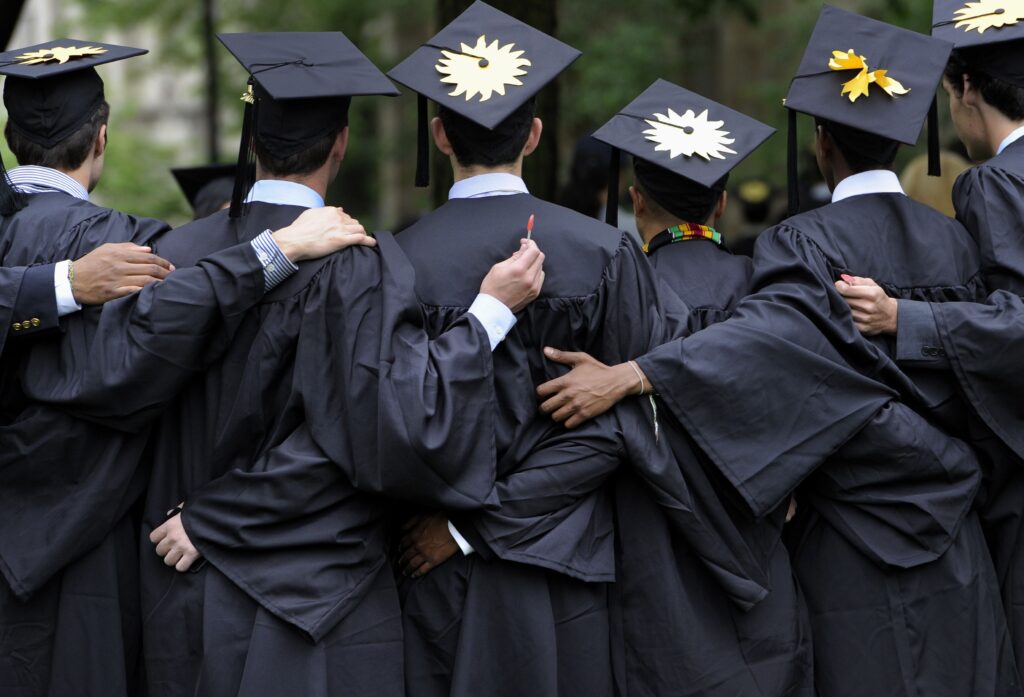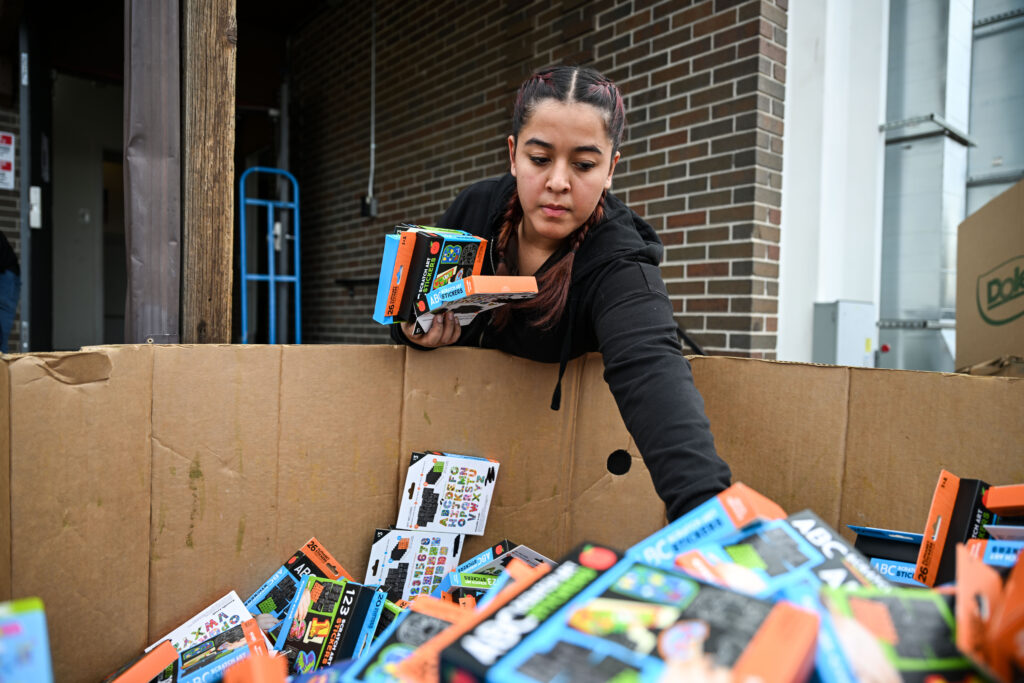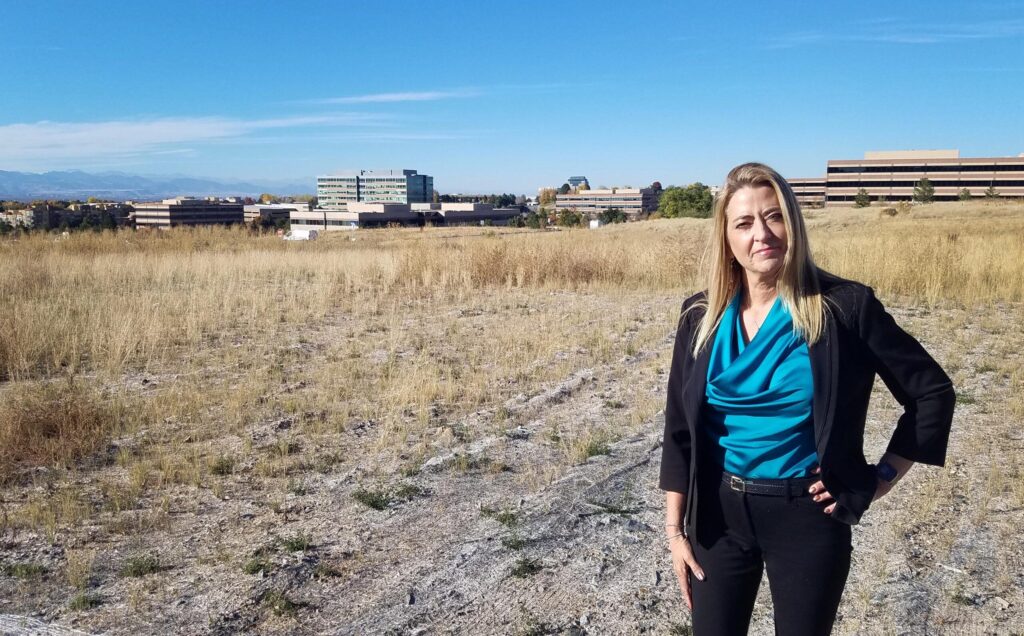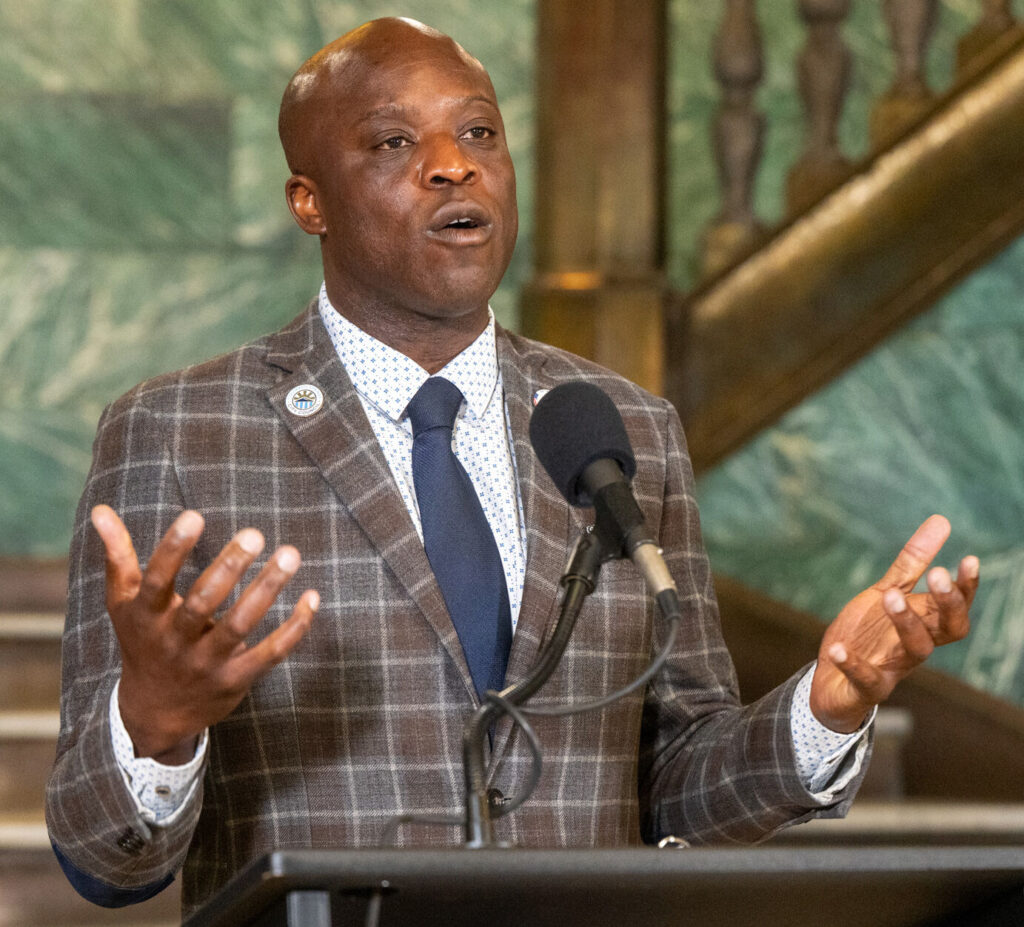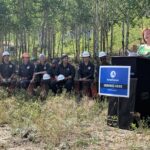A LOOK BACK | Owens, Democrats square off over special session goals
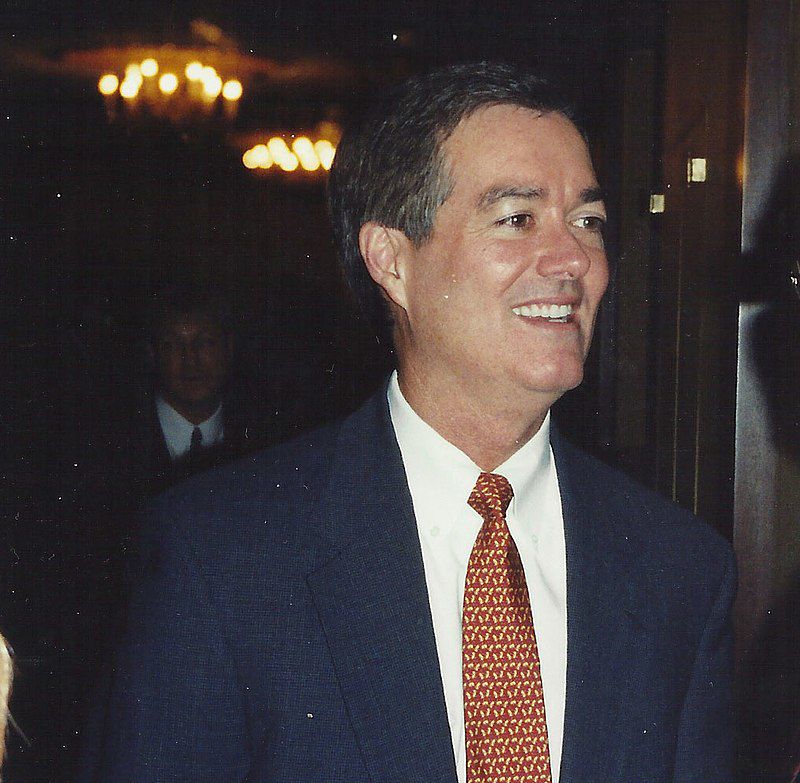
Twenty Years Ago This Week: Ten days before the start of a special legislative session called by Gov. Bill Owens, the governor outlined 14 specific items for lawmakers to discuss. By constitutional stipulation only the governor could decide which issues lawmakers discussed in a special session.
Among the items outlined were: drawing new congressional boundaries, increasing transportation funds with a tax increase and providing low income women with treatment for breast and cervical cancer.
“I am concerned by reports that some legislators may introduce bills that don’t fit under the call in order to make political points,” Owens said. “Special sessions cost taxpayers a lot of money and aren’t the time to consider every idea — that is why the legislature meets for 120 days every year. I hope that no legislator puts politics before the constitution.”
House Minority Leader Dan Grossman, D-Denver, said Owens’s comments showed that he was completely out of touch with what was happening in Colorado.
“Gov. Owens wants to be judge, jury and executioner with regard to this special session,” Grossman said. “Fortunately, our Constitution doesn’t allow that.”
Grossman also called into question Owens’ approach to law-making, calling it “pure Texan.”
“Gov. Owens’ call reflects his Texas roots, where the legislature is weak and highways and urban sprawl dominate the landscape. Gov. Owens has to learn that this isn’t Texas. In Colorado, the legislature passes the laws, not the governor,” Grossman said. “And in Colorado, we realize that we can’t simply pave our way out of our growth and congestive problems.”
Senate Majority Leader Bill Thiebaut, D-Pueblo, concurred with Grossman adding that Owens had possibly overstepped his gubernatorial authority.
“The governor may have crossed the line — specifically with regard to designating breast and cervical cancer funding,” Thiebaut said. “Senate Democrats have consistently found creative solutions to our funding issues during the legislative session and we can continue to do so without the executive branch’s assistance.”
In other news of the week, the Adams County Democratic Latino Initiative voted to become the first political action committee of its kind in the county, a historic decision that was based on what had been consistent support for the party by Latinos.
The mission of ACDL/PAC was to function primarily as a county caucus in an effort to ensure high levels of voter education, registration and participation of Latinos in the Democratic Party as well as addressing municipal, county, state and national issues that directly affected Latino people.
Owens’ plan called for monies to be pulled form the state’s tobacco settlement fund to pay for treatment. But Democrats and health professionals had previously criticized the governor because the proposal allegedly diverted money from “important cancer prevention programs.”
“The governor’s solution to the breast and cervical cancer problem is to rob prevention programs to pay for treatment,” Grossman said. “There are other sources of money for this program. We don’t have to let tobacco kill more kids to pay for it.”
Owens and Democratic leadership were also clashing over transportation and growth legislation. Owens argued that transportation simply had to be a part of any debate on growth.
“To deal with growth in a vacuum is shortsighted,” Owens said. “I’m opposed to higher taxes.”
Owens challenged the Democratic leadership that if they didn’t like his proposals to submit their own.
“The essence of leadership is not just to say what you’re against, but what you’re for,” Owens quipped.
Grossman told The Colorado Statesman that he’d submitted a written request to the governor’s office asking that mass transit be included as a subject for the special session. Owens had refused, he said.
“My response to his challenge regarding his transportation plan, ‘If not this, what?’ is simple: Colorado wants transit,” Grossman said.
Rachael Wright is the author of the Captain Savva Mystery series, with degrees in Political Science and History from Colorado Mesa University, and is a contributing writer to Colorado Politics and The Gazette.



